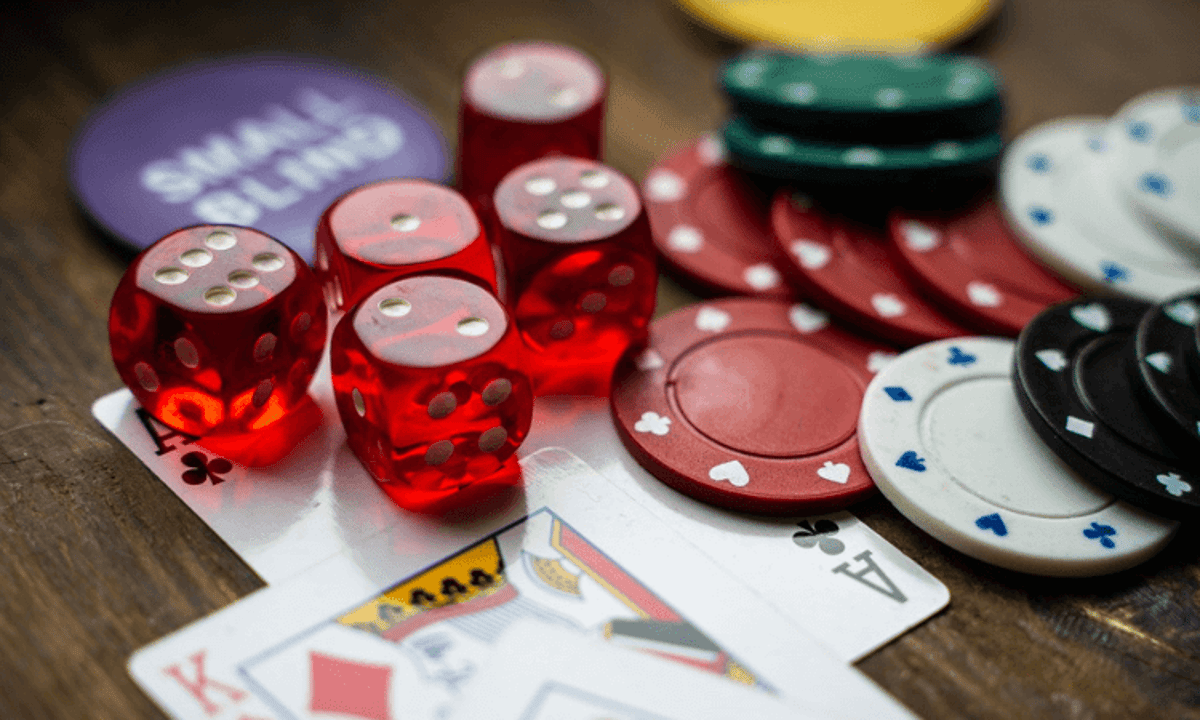
ADDICTION to gambling, particularly with the rise of online gambling and sports betting sites, is a growing mental health concern in Davao City.
Psychiatrists warn that this issue is often overlooked and needs to be addressed urgently.
Dr. Paolo Woodruff Gonzales, a psychiatrist at the Institute of Psychiatry and Behavioral Medicine of the Southern Philippine Medical Center (IPBM-SPMC) and the director for Mindanao of the Philippine Psychiatrists Association, highlights the severity of the problem.
“I had a patient just last week whose gambling debts reached P200,000, and he was experiencing suicidal thoughts,” Dr. Gonzales said. “The easy access to online betting and the availability of loan sharks are fueling this crisis.”
While gambling addiction is not yet widely recognized as a public health issue, Dr. Gonzales believes that it will soon be considered a major mental health concern by organizations like the World Health Organization (WHO) and the Department of Health (DOH).
Dr. Gonzales explains that people with gambling problems struggle to control their impulses and cannot stop gambling or placing bets. “Once they start playing, they’re in a zone,” he said. “As long as they have access to money, they can’t stop. They take out loans, incur debts, or even sell belongings to continue playing, creating more problems.”
He also emphasizes that the lack of research makes it difficult to quantify the number of gambling addiction cases in Davao. However, he notes that those seeking help are often in severe stages of addiction.
“These gamblers often hide their problems for years,” he said. “They don’t seek help until they hit rock bottom. Even their spouses may not know about their gambling problem.”
The stigma associated with mental health issues, including gambling addiction, often prevents people from seeking help. Dr. Gonzales stresses the importance of recognizing gambling addiction as a mental health problem and encouraging people to seek treatment and rehabilitation.
“There is still hope for recovery,” Dr. Gonzales said. “By seeing it as a mental health issue, we can encourage people to go into treatment and get the support they need.” PIA DAVAO